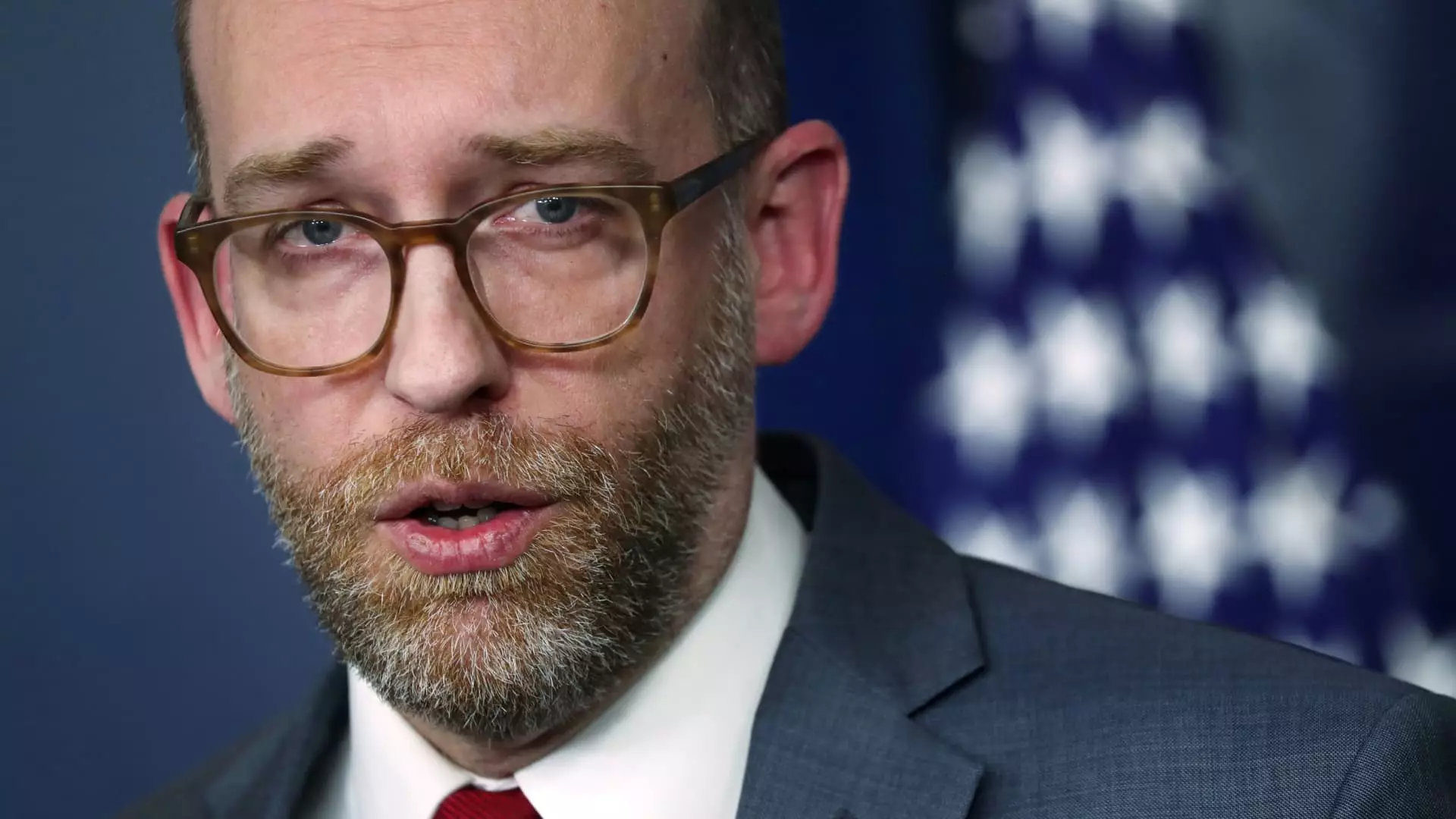In a startling move that has drawn widespread condemnation, the Consumer Financial Protection Bureau (CFPB) recently sent termination notices to dozens of employees, primarily those still in their probationary period. This action, reportedly stemming from directives issued by the Trump administration, aligns with a broader agenda aimed at reducing the federal workforce. As details emerged, it became evident that the recent layoffs not only threaten the stability of the agency but also raise serious concerns about the future of consumer protection across the United States.
To understand the implications of these terminations, it is essential to contextualize the CFPB’s role within the federal government. Established in the wake of the 2008 financial crisis, the CFPB was designed to safeguard consumers from abusive financial practices. However, under the current administration, there seems to be a diminishing regard for the agency’s mission, as evidenced by the calls from influential figures, including Elon Musk and acting CFPB director Russell Vought, for its dissolution.
Being on probationary status, as many of those dismissed were, typically means that an employee is navigating a trial period that might last up to two years. This status is often indicative of the employee’s recent entry into a role rather than a reflection of their capabilities or performance. The abrupt decision to terminate these individuals raises profound ethical questions. The dismissals appear not to stem from misconduct or inadequacy but rather from an administrative strategy to streamline the workforce during a tumultuous political time.
This situation echoes a growing anxiety among federal workers, particularly within agencies considered essential for the enforcement of consumer rights. The Office of Personnel Management’s request for recent hire lists illustrates a calculated approach to job cuts, targeting individuals believed to be more vulnerable to termination due to their recent hiring. This tactic has sparked fear not only at the CFPB but also within other federal entities like the FBI and EPA.
The rapid termination of employees has led to allegations of unlawful practices, particularly in how these layoff procedures were managed. Johanna Hickman, a senior litigation counsel at the CFPB, has expressed concerns regarding the lack of adherence to standard federal protocols, asserting that the dismissals were not executed lawfully. The sheer volume of terminations—coupled with evidence suggesting that some employees had already accepted buyout offers—creates a chaotic environment, fostering confusion and eroding trust within the agency.
Moreover, anecdotal reports indicate that many of the notices sent to dismissed employees were generic and lacked specific details, suggesting a careless approach to a serious matter. Statements claiming deficiencies in ability, knowledge, or skills without context further add to the sense that these decisions were more politically motivated than based on individual performance.
As the CFPB grapples with these abrupt staffing changes, the impact on its enforcement capabilities is already becoming apparent. Under the leadership of former director Rohit Chopra, the agency had made significant strides in bolstering its enforcement division, hiring a cadre of lawyers dedicated to protecting consumer interests. The recent layoffs not only jeopardize these advancements but also risk leaving the bureau ill-equipped to fulfill its mandate moving forward.
With roughly 1,700 employees prior to the cuts, the potential for a significant reduction in workforce raises pressing concerns about the agency’s ability to operate efficiently. As a pivotal player in consumer financial protection, any reduction in the CFPB’s capacity diminishes oversight and enforcement, leading to dire consequences for consumers who rely on its services.
The unprecedented layoffs at the CFPB signal more than just a staffing crisis—they represent a pivotal moment in the ongoing struggle between regulatory enforcement and political maneuvering. As current and former employees rally to explore their legal options, the future of the CFPB hangs in the balance. The actions taken by the agency’s leadership will not only shape the landscape of consumer protection in the U.S. but may also inspire a larger movement among federal employees to advocate for their rights and the core missions of their agencies. The situation warrants close scrutiny, as the ramifications will echo throughout the federal workforce and the communities they serve for years to come.

